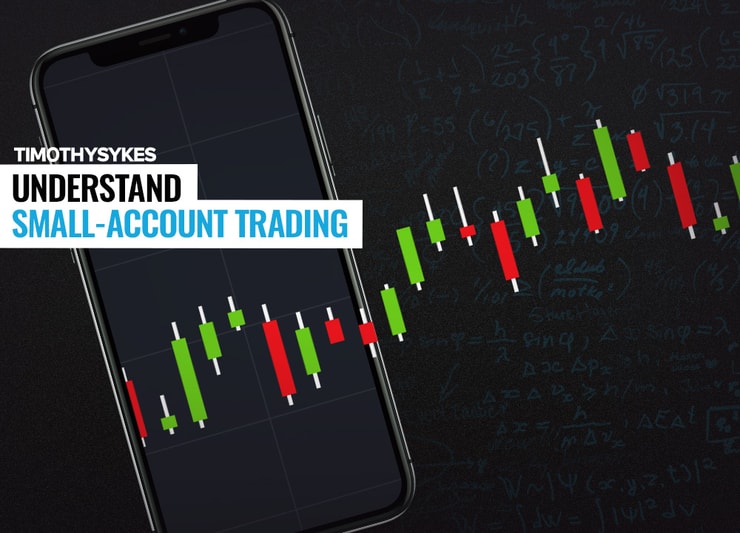Welcome to small-account profit opportunities.
Yesterday we watched WiSA Technologies Inc. (NASDAQ: WISA) spike +300%.
Take a look at the move below, every candle represents two minutes:

It was a perfect small-account profit opportunity.
- The price never traded above $10.
- We can take the meat of the move for safer profits.
- Forget about 100%. Traders can snag a cool 10% or 20% and move to the next runner.
Not familiar with this process? I’m not surprised …
Wall Street doesn’t want us to make our own money in the stock market. It makes perfect sense: People who don’t know how to trade will give their money to a hedge fund. Then Wall Street can use that money to make more money while taking a cut for themselves.
But with a hedge fund, you’re lucky to make 20% on the year …
For small-account traders, that’s our goal in a single day.
I snagged a 9.2% profit from WISA yesterday morning. It only took me a few minutes.* See my trade notes below, with a starting stake of $8,760:

Yes … I can teach you how to do this.
My Process For Profits

The most volatile stocks in the market, the kind that are perfect for small-account traders, they like to follow popular trading patterns.
I noticed this common framework over two decades ago when I was still in college. And it still exists all these years later.
Stocks can follow this framework because people are predictable during times of high stress. Like when they’ve got a few thousand dollars in a stock spiking +100% intraday.
The traders who recognize these common patterns are free to take profits.
Burn this framework into your brain.
Now, I wish trading was that simple: Learn the framework and you’re good to go. But if it was that easy, we’d all be millionaires.
Remember, Wall Street doesn’t want us to make our own money. As a result, there are a few other barriers to entry.
For example, do you know anything about:
- Trading volume.
- Float size.
- Float rotation.
- The right brokerage accounts.
- Sector momentum.
- Short squeezes.
- Classic pump and dumps.
- Trading with margin.
- Market v.s. limit orders.
- The PDT rule.
- Premarket and after hours.
- Liquidity.
- The hottest stock catalysts.
Yeah …
Don’t get overwhelmed.
I’m here to guide you through these murky waters. And I’ve helped other students before you.
Thus far, I have over 30 students who crossed the $1 million milestone. And there are more on the way! See my video below:
Everything You Need:

My millionaire student, Matt Monaco, helped me film a bootcamp with everything new traders need to know.
Matt started where you are:
He was a square-one trader with very little market knowledge.
He went through the wringer and came out victorious on the other side. Together, we were able to cover EVERYTHING a new trader needs to know to succeed in this niche.
It’s called the 30-Day Bootcamp. One video for every day.
If you have enough time, watch them all at once. Rewatch them if you want to. This is essential market knowledge for small-cap traders:
Monaco and I cover all of the basics behind small-account profits. And we lay a solid bedrock of information that traders can build their careers on top of.
That’s not all …
I sat down with Monaco recently to bring traders up to speed in the current 2024 market. There are profit opportunities ripping higher every week.
The 30-Day Bootcamp comes first! Digest that information before I release the newest market update. It will help everything make sense!
See my Tweet below:
Lots of questions already about this new bootcamp: https://t.co/EmSwVfU2eJ it's a followup to my https://t.co/5na3WlzftH I did a few years ago with @mono_trader when he was just at $50k in profits, now he's over $2 million & the market has changed a lot so we've been meeting up… pic.twitter.com/GMPglGUh7B
— Timothy Sykes (@timothysykes) April 16, 2024
Cheers.
*Past performance does not indicate future results


Leave a reply